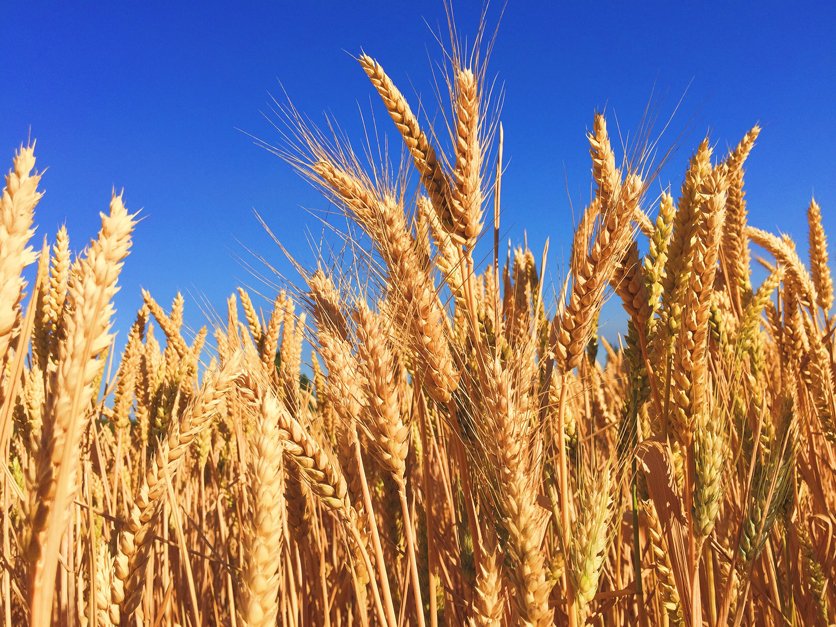GROW ORGANIC ...LIVE NATURAL
Want to live and earn on organic farms? Want to share your life with other like-minded people? Green Oaks is the right place for the nature lovers.
| Plot Size | Down Payment | Monthly Instalment | On Possession | Total Price |
|---|---|---|---|---|
| 2 Kanal | 6650000 | 20,000 | 385000 | 2000000 |
| 4 Kanal | 1025000 | 36000 | 747000 | 3500000 |
| 8 Kanal | 1700000 | 62000 | 1524000 | 6200000 |
| 16 Kanal | 2000000 | 115000 | 2580000 | 101000000 |

The introduction of chemicals in farming got many delirious at the sight of what they could accomplish. Yields exploded. At the start, the soil was healthy. Any damage brought about by chemical fertilizers was hardly noticeable.
Organic farming is a technique, which involves cultivation of plants and rearing of animals in natural ways. This process involves the use of biological materials, avoiding synthetic substances to maintain soil fertility and ecological balance thereby minimizing pollution and wastage. In other words, organic farming is a farming method that involves growing and nurturing crops without the use of synthetic based fertilizers and pesticides. Also, no genetically modified organisms are permitted.
Organic farming makes use of pesticides and fertilizers if they are considered natural and avoids the use of various petrochemical fertilizers and pesticides.
In conventional farming method, before seeds are sown, the farmer will have to treat or fumigate his farm using harsh chemicals to exterminate any naturally existing fungicides. He will fertilize the soil using petroleum based fertilizers.
On the flip side, the organic farmer will prepare and enrich his land before sowing by sprinkling natural based fertilizers such as manure, bone meal or shellfish fertilizer.
Before planting seeds, the organic farmer will soak the seeds in fungicides and pesticides to keep insects and pests at bay. Chemical are also incorporated in the irrigation water to prevent insects from stealing the planted seeds.

The need of the hour is sustainable cultivation and production of food for all. The Green Revolution and its chemical based technology are losing its appeal as dividends are falling and returns are unsustainable. Pollution and climate change are other negative externalities caused by use of fossil fuel based chemicals.
• Principle of Health: Organic agriculture must contribute to the health and well being of soil, plants, animals, humans and the earth. It is the sustenance of mental, physical, ecological and social well being. For instance, it provides pollution and chemical free, nutritious food items for humans.
• Principle of Care: Organic agriculture should be practiced in a careful and responsible manner to benefit the present and future generations and the environment